How To Take Care Of Your Garden In Summers
Previous PostWhile summer may mean different things for different gardeners - summer, for all of us, brings common challenges. Such as dividing time and effort between keeping our gardens in good shape, and enjoying them during the summer holidays.
Here we list Summer Gardening tips for both, the novice and experienced gardener. Whether you are planning a summer vegetable garden or if you’re planning to start something new like a container vegetable garden, these gardening tips will help you nurture your Summer Garden.
Improve Soil Quality
- The summer heat can take a toll on the soil quality of your garden. A great way to enrich the soil is by way of adding organic matter. When you plant, add compost or soil improver to enhance your soil’s moisture and water-retaining ability. It will also help with the transfer of nutrients to your plants.
- Compost also fosters a healthy environment for microbes and other beneficial organisms like worms. The Soil quality remains healthy and protects root systems from pests and diseases.
Best Time to Water Plants
When is the best time to water plants in summers is a question most frequently asked in the world of gardening? It is very important to know when is the best time to water a garden to preserve water and make sure the plants are getting adequate water supply.
- Watering plants at the right time is essential to their growth and water retention. The optimal time to water plants is in the morning, while it’s still cool. This allows the water to reach the roots of the plants as it runs down into the soil without too much water lost to evaporation.
This, in turn, makes the water available to the plants throughout the day so they are better equipped to deal with the heat of the sun.
- There is a gardening myth that watering in the morning will make the plants susceptible to scorch. This is not true. Most areas do not get intense enough sun for water droplets to scorch the plants. However, if the area you live in has intense sun exposure, the water droplets would be evaporated in the heat long before they could focus the sunlight.
- Pots and hanging baskets generally need to be watered more frequently than ground plants. You should line concrete and terracotta pots or paint them on the inside to prevent water loss. Keep your pot plants in cooler spots and place saucers underneath to retain water.
Efficient watering tools that solve the problem of water scarcity
Using the best watering techniques is essential not just for healthy growth in your pants but also helps with the problem of water scarcity.
Here are a few garden tools and techniques that you can use and/or install your gardens:
- Sprinklers
They are best used to water the lawn and soak unplanted areas. Sprinklers cover most areas of the garden evenly and are an effective way to get coverage for all your plants. You can learn how to install a sprinkler system here.
- Rain Barrel
Rain barrels are an efficient and ecological way of storing and using water. Rain Water is also distilled and rich in minerals which in turn enriches the soil quality. Connect a rain barrel to a gutter in your home to create a ready source of water for your plants. Here is how you can install a rain barrel.
- Seep hoses
These allow water to seep out of holes in the hose directly into the soil. They can be buried under soil or mulch. This avoids unnecessary evaporation in summers. They can be used to water established plants in rows, but these work best in heavy soil as water spreads sideways, covering more than it would on lighter soils. Another advantage of seep hoses is that it provides water directly to the plant roots.
- Automated Irrigation tools and systems
These allow water to drip or trickle into growing areas or wherever you customise them to do so. They save on a lot of time and effort. Make sure you take hot and dry weather into account when you programme your system. They can sometimes be expensive to set up, learn how to set up an inexpensive irrigation system in your garden here.
- Recycle
Recycling water is perhaps the easiest and most ecological way to use water. Water from drinking glasses, steaming or cooking (veggies or pasta) can be reused in watering plants.
- Hoses and watering cans
They might be labour intensive but are a precise method to water plant bases beneath the leaves and leave the surrounding soil dry. This restricts weed growth and ensures all water is absorbed where it is needed.
Invest in a Shade
Installing shade in your garden is a great way to help plants get through the summer heat. Even though growth in vegetables is friendly and responsive to sun exposure, too much of it can be harmful.
Shade helps them wither through the heat and harmful exposure from the sun.
To provide shade to your pants and to effectively block excess and direct sunlight, you can consider:
1. A shade cloth
- Shade cloth is usually made of loosely woven polyester and is available in varying density or degrees of shade ranging between 5% to 95%.
- A frequently asked question about Shade cloth is - what colour shade cloth is best?
- Blue shade cloth is usually used for vegetative growth
- White shade cloth is good when you want more light exposure for your plants
- Black shade cloth would let in less light exposure.
- Brown shade cloth reflects a lot of reds, which makes it a good choice for flowering or fruiting plants.
- A common misconception about shade cloth is using green cloth for plants. Green Cloth reflects the same light as plants do. As a result, using green cloth, in most cases renders the light useless for plants.
Other options could be:
2. A tarpaulin.
3. A shade sail.
Composting: Keep Your Plants Hydrated
- Along with watering the plants, composting helps to keep plants hydrated and healthy. This is true especially for fruit-bearing and flowering ones.
- Organic material, such as compost for plants or even coconut coir, peat moss absorb water which in turn holds and retains moisture. Your plants can use this during intensely hot or dry days. You can easily make compost at home or purchase organic compost here.
- Among benefits of composting is long term success for your garden by way of improving the soil’s structure, increasing aeration and its overall health.
Rooftop Gardening for cooler homes
- Gardening on rooftop absorbs heat and insulates buildings better than traditional tar and gravel roofs.
- An ecological solution to the scorching heat in summer, rooftop gardening can help control and bring down the high temperature inside your homes.
Shop all your summer gardening essentials and GMO-free Seeds here: https://www.allthatgrows.in/


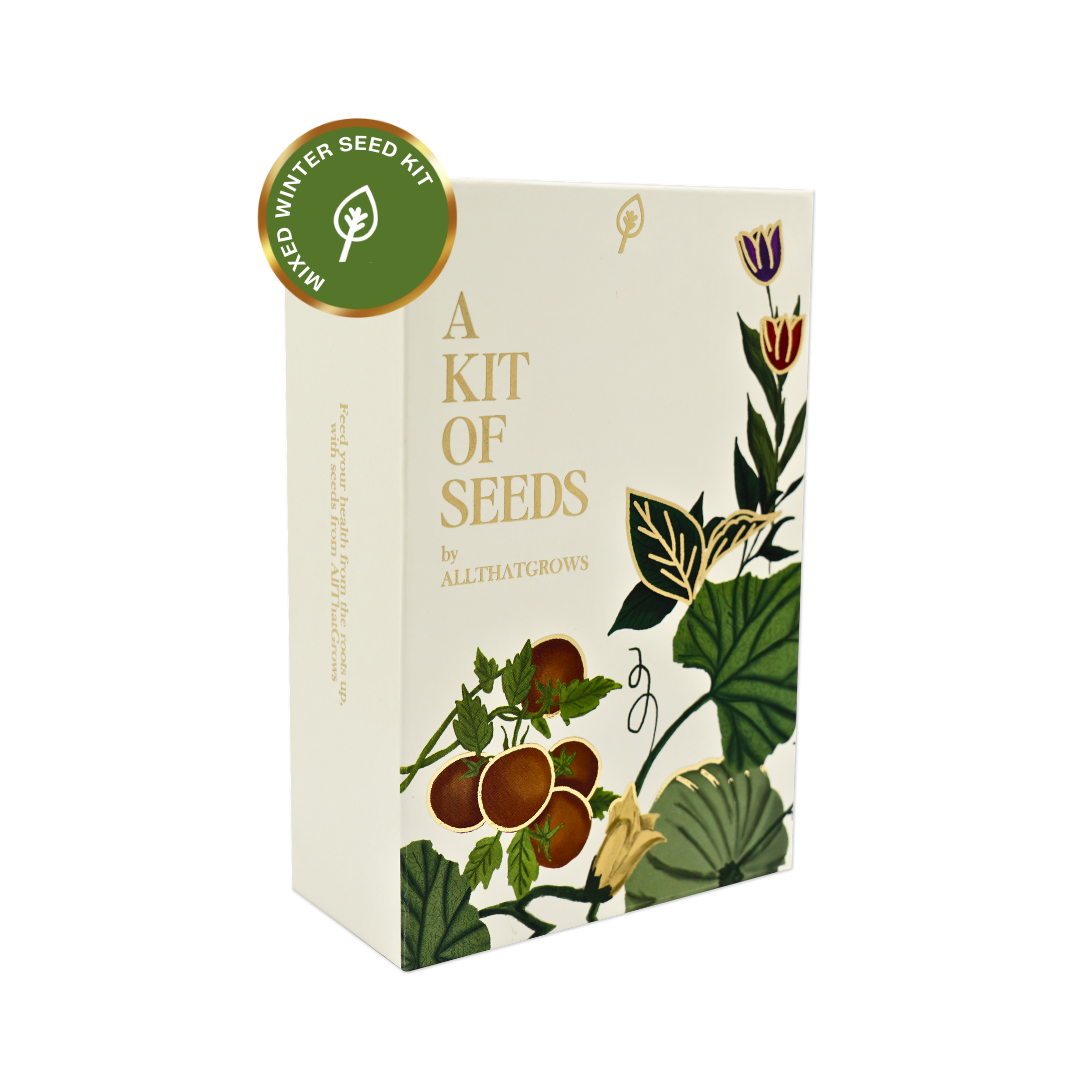

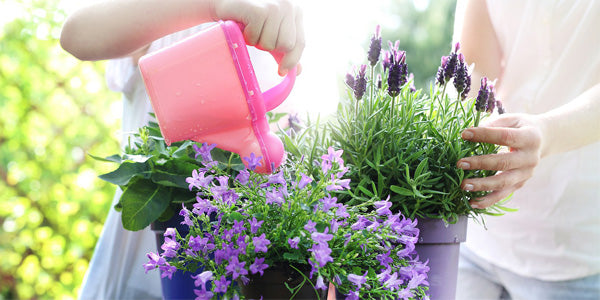
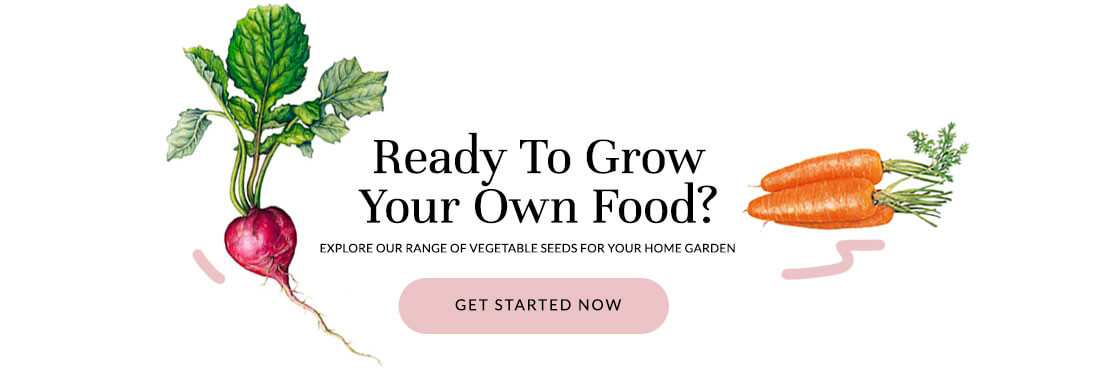
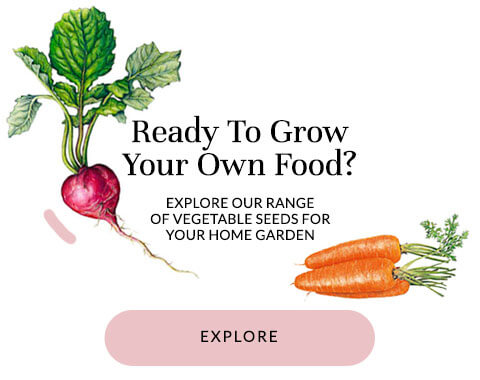
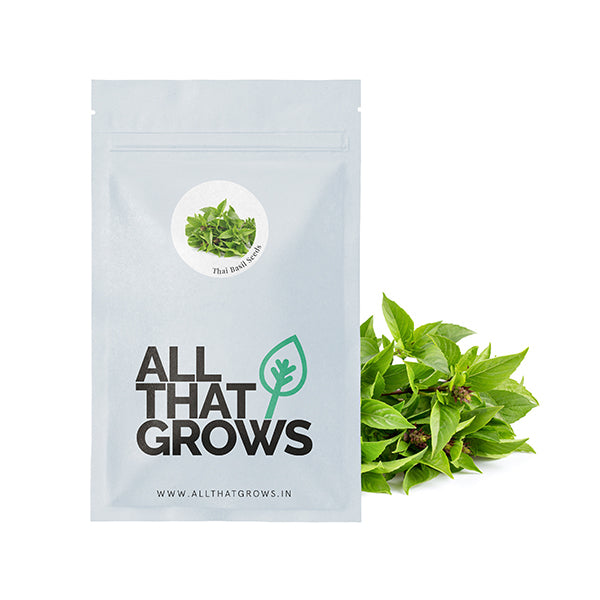
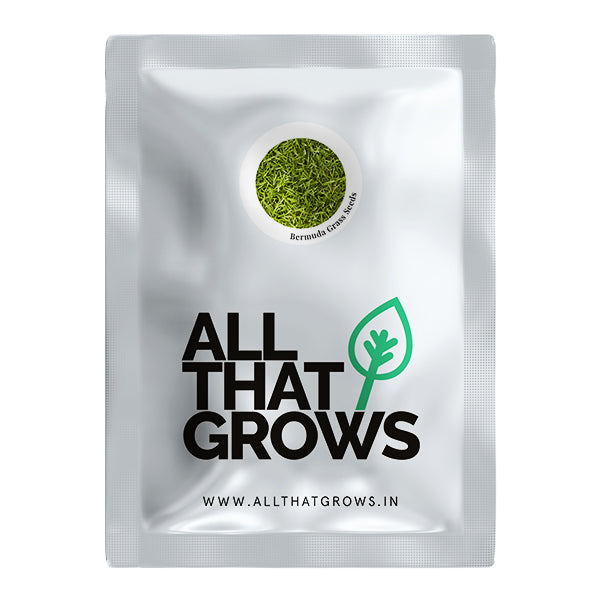
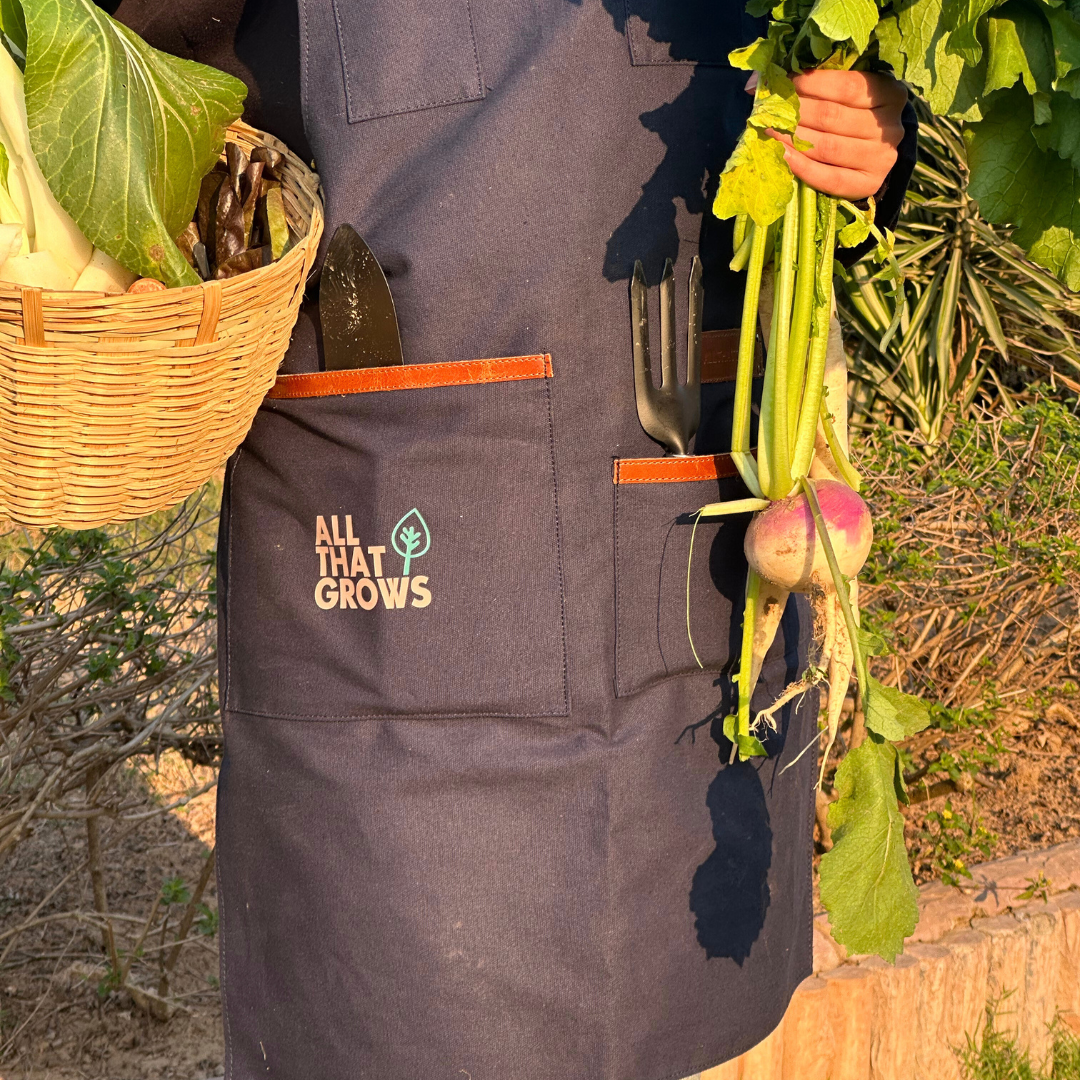

Leave a comment